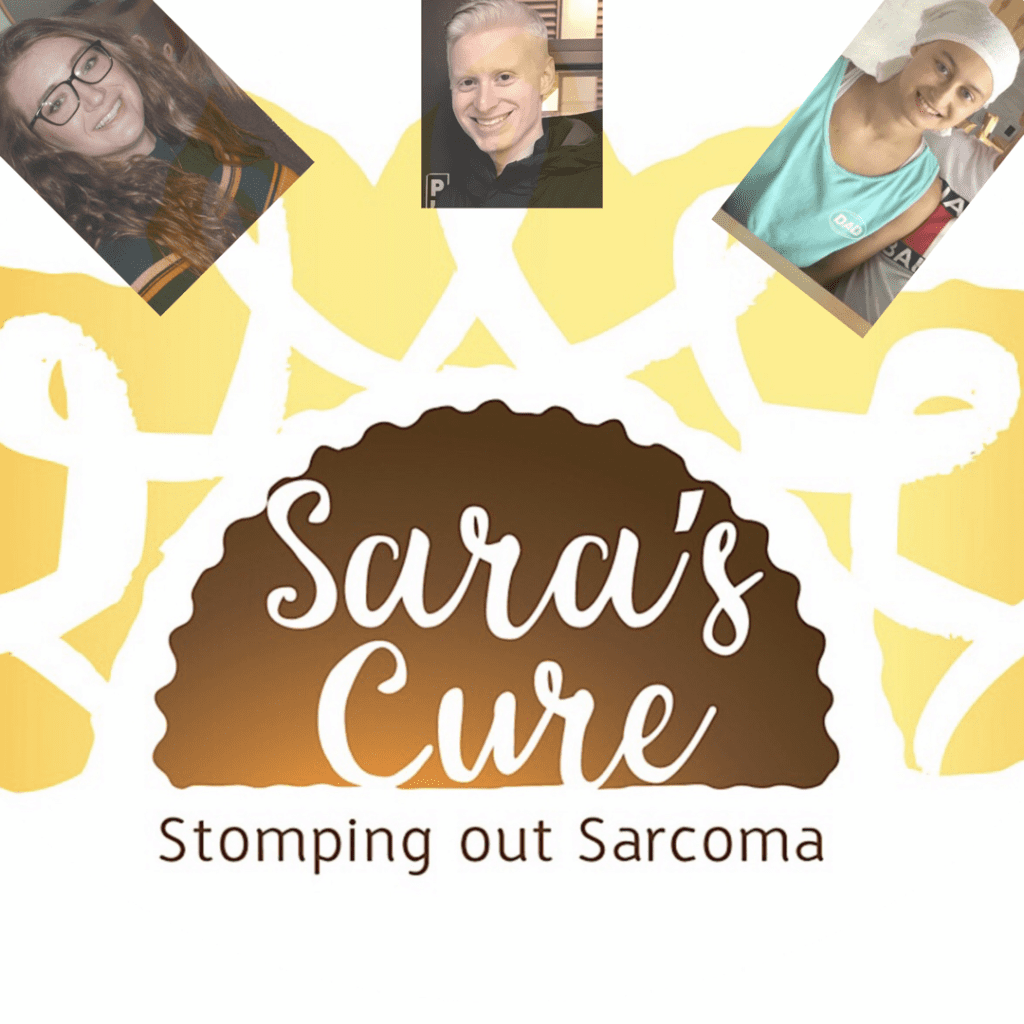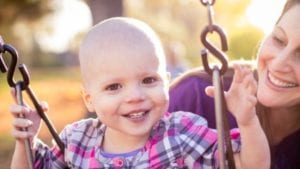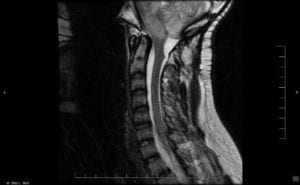Funding was first jumpstarted by Sara’s Cure Foundation
Clear Cell Sarcoma (CCS) is a very rare soft tissue of children and adults. The underlying clinical problem is that only surgery is curative: chemotherapy and radiation are ineffective. Relapse with metastases results in a significant unmet clinical need because surgery is not possible and effective targeted therapies have not yet been developed. To meet this clinical need by developing new therapies, the biology of CCS needs to be taken into consideration: not only is the EWSR1-ATF1 chimeric transcription factor/fusion gene present, but cooperating mutations may also be present. A presumption is that CREB binding sites bound by EWSR1-ATF1 or alternative fusions drive the cancer by turning target genes on or off, but factors related to turning off EWSR1-ATF1 at its own promoter remains an alternative therapeutic approach (i.e., epigenetic drug therapy). Nevertheless, effective treatment regimens will likely consist of drug combinations.
To date, remarkably many cell lines are available, some of which can establish tumors as xenografts. Nevertheless, direct-to-mouse patient-derived xenograft mouse models are an important discovery tool that are greatly needed. Overall, fortunately, pharmaceutical companies do have drug development/clinical interest in CCS, as evidenced by the current AMG337 trial for metastatic CCS. The role of immunotherapy is yet to be tested.
CCS does not yet have a long history of international clinical data collection, with centralized imaging, histology slides or specimen collection (e.g., for future DNA and RNA studies). The purpose of this proposal is to empower a centralized resource of all available CCS data and resources so that Big Data (machine learning) can answer key questions around CCS care:
- What is the genomic landscape of CCS? In other words, what mutations or gene expression changes are typical of subgroups? in children and adolescents versus adults? By fusion type?
- Can machine learning shed light on yet-unknown causes of CCS recurrence and/or metastasis, not only for the treatment of recurrences and metastases – but for their prevention?
- Can we create peace-of-mind for parents by creating lab test biomarkers, or wearables, that predict recurrence?
- News you can use: do the studies above give insight into how to repurpose drugs or drug combinations for CCS in the near-term?





